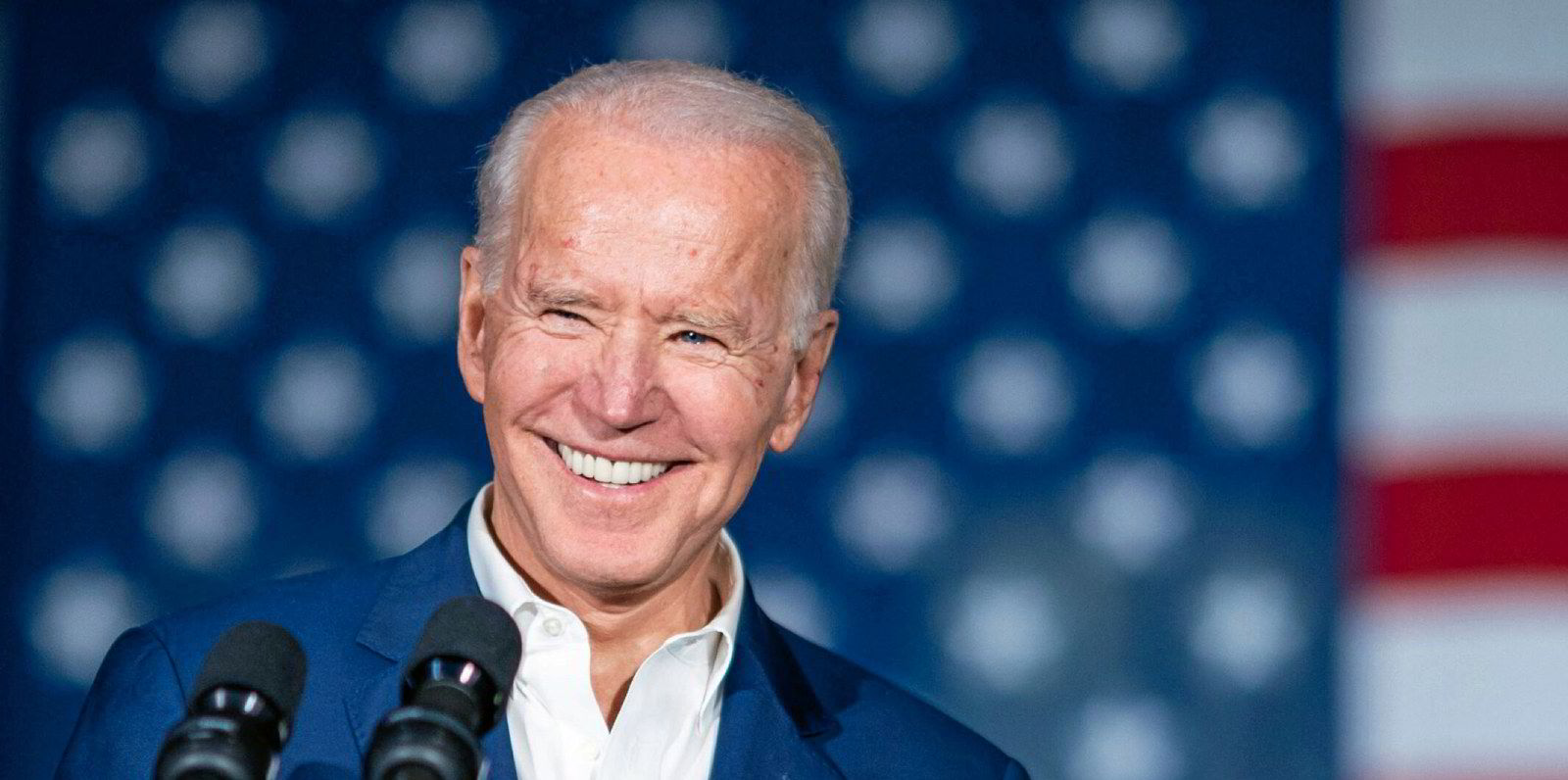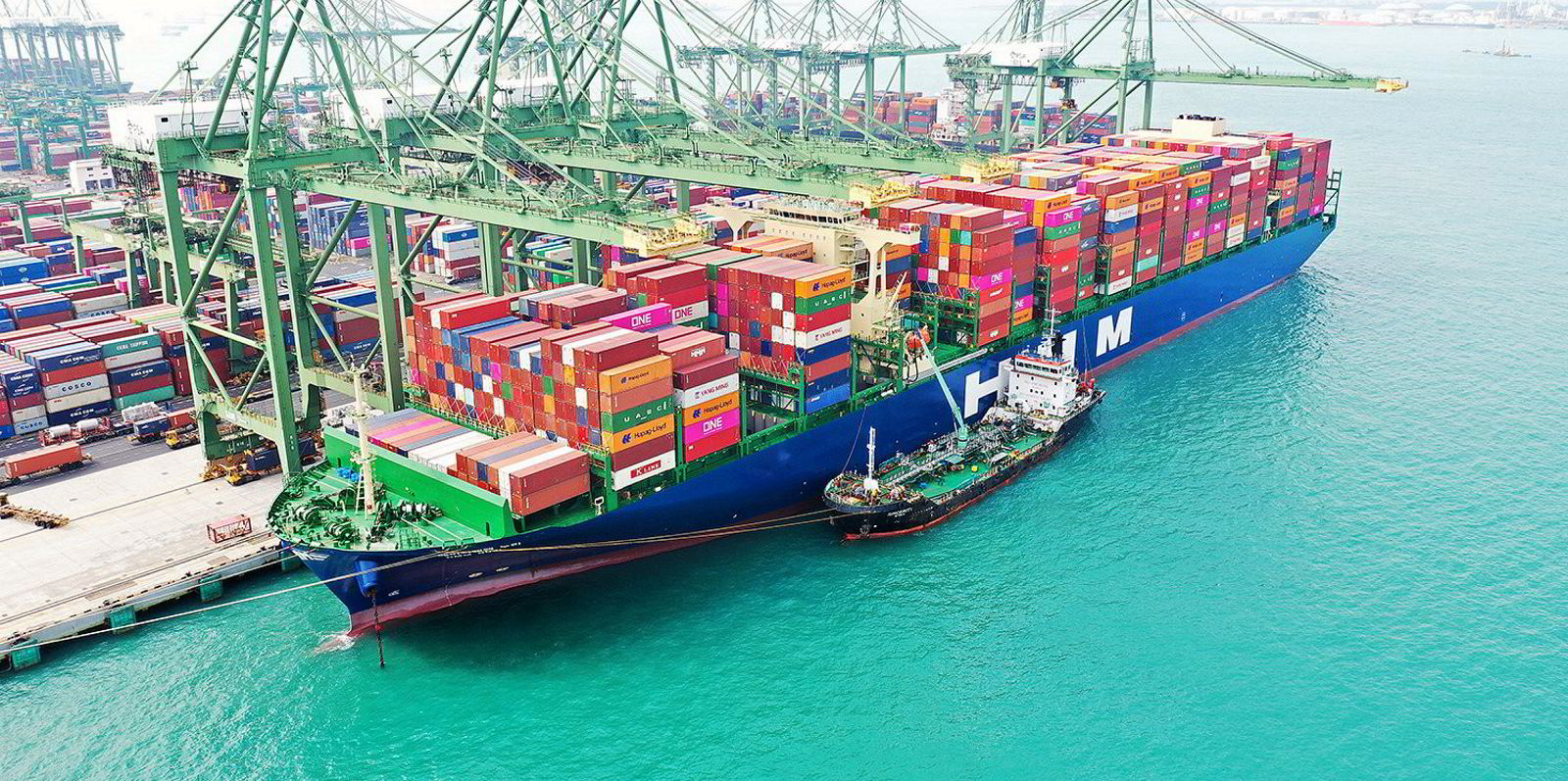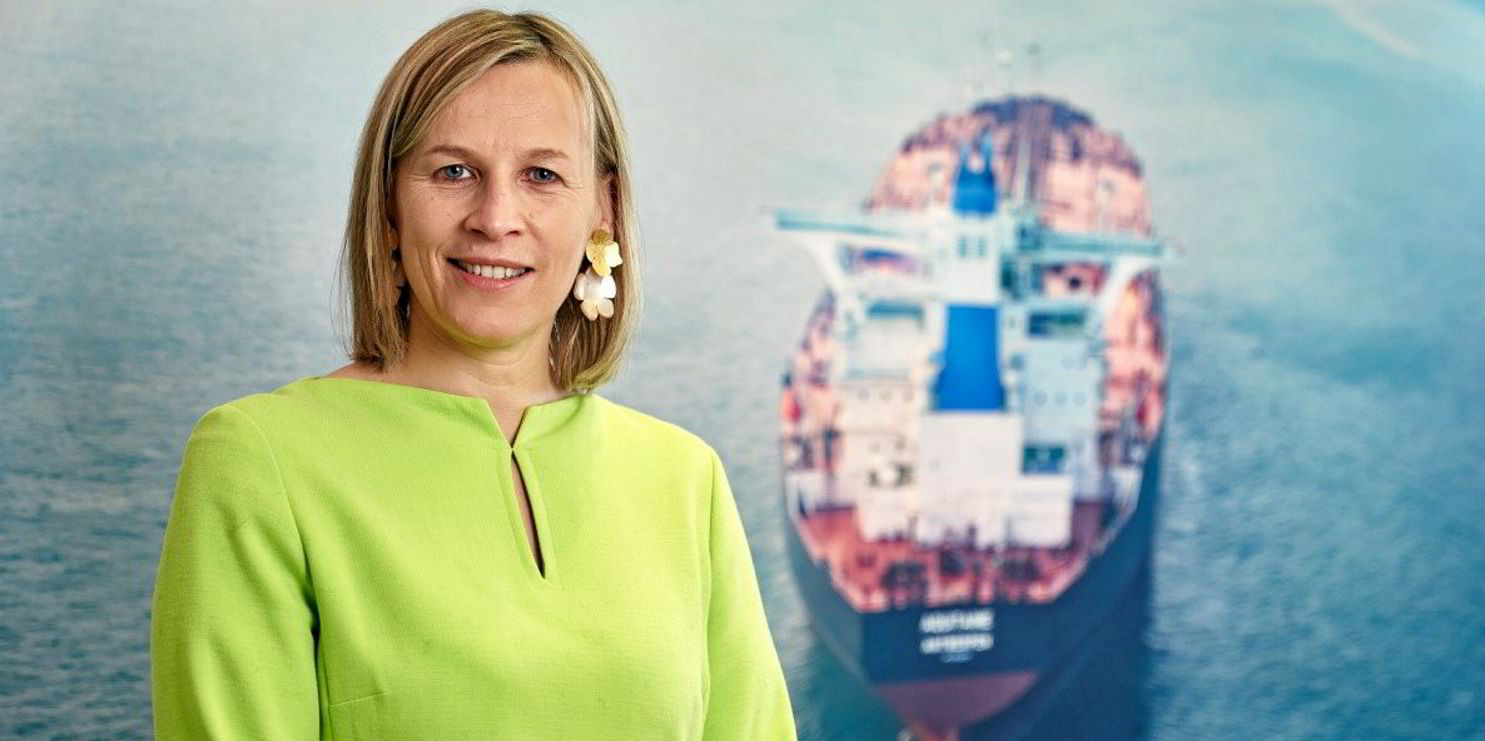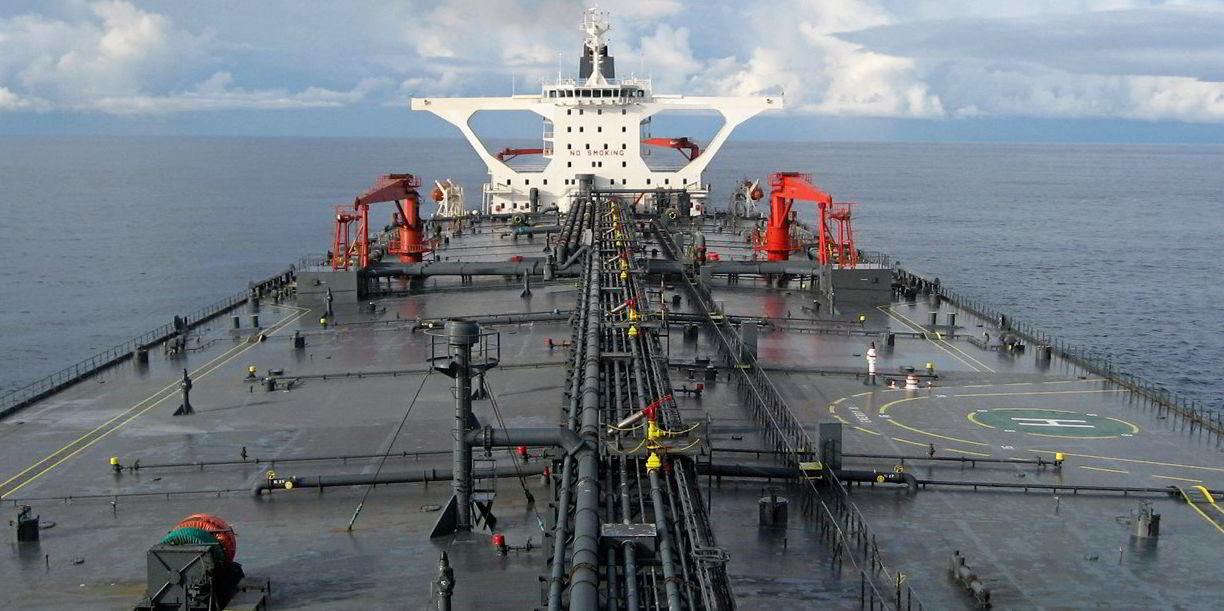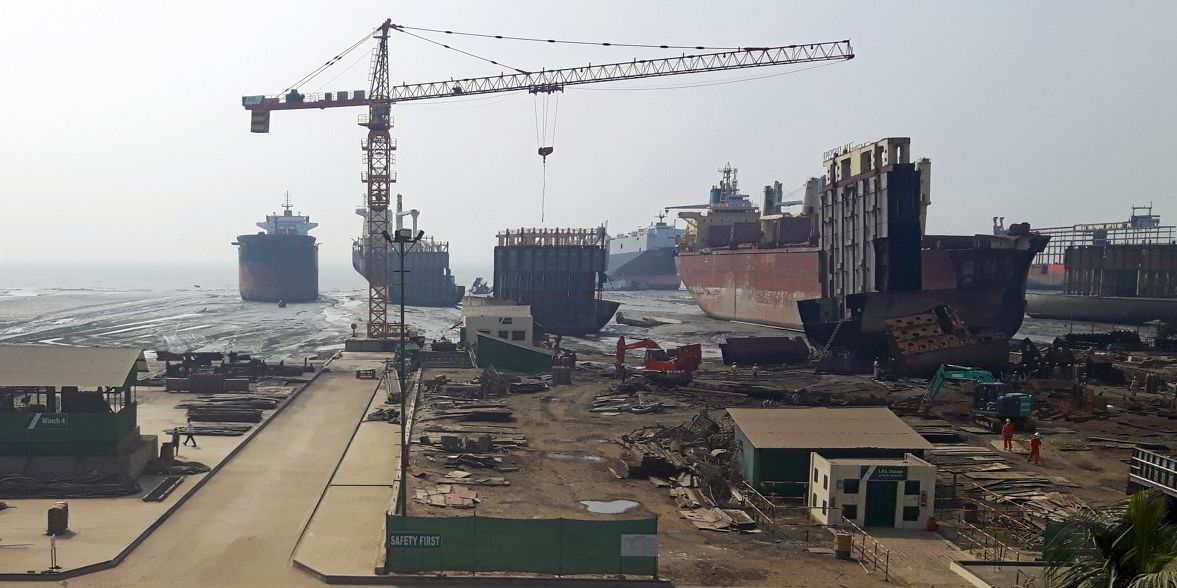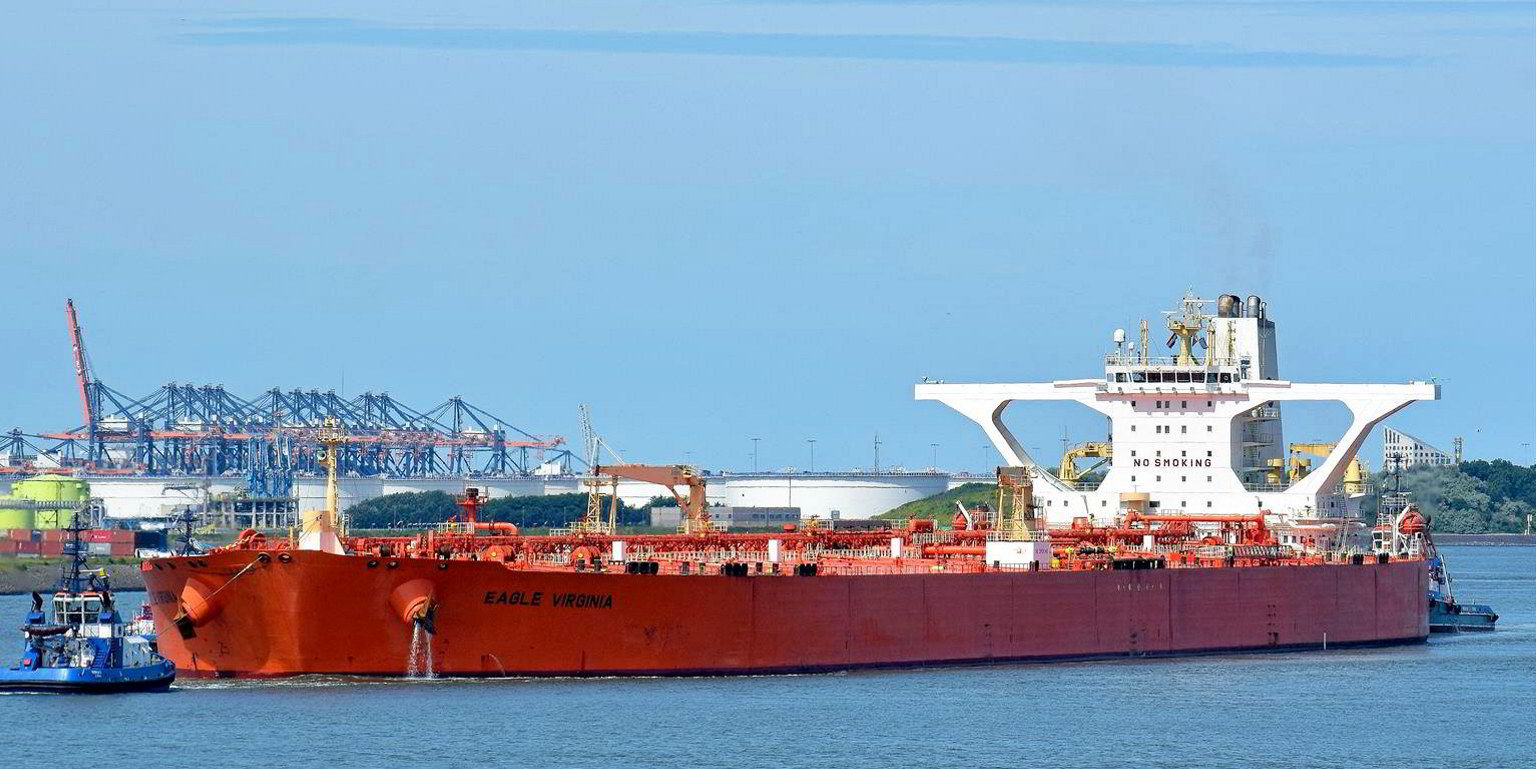Gibson Shipbrokers is painting a largely positive picture for tankers if the US agrees a nuclear deal to end sanctions on Iran.
The two sides have been talking through intermediaries about the US rejoining the Joint Comprehensive Plan of Action (JCPOA) on Iran's nuclear programme under President Joe Biden.
Discussions are said to be "constructive", with further talks scheduled.
A deal could take months, however, and Iran wants the US to lift all sanctions before taking steps to comply with JCPOA.
An Iranian presidential election taking place in June could complicate matters, with the potential for a more hard-line leader to take over.
But what would a deal mean for tankers?
More oil, more cargoes, more ships?
"On the face of it, more oil means more cargoes, but Iran has a large fleet, so with more oil, comes more ships," the UK shipbroker said.
There is also the question of vessels which, while not owned directly by Iran, are engaged in Iranian trade.
Gibson counts 8% of the VLCC fleet and 5% of the suezmax fleet as involved in illicit trade, including ships owned by National Iranian Tanker Co (NITC).
However, with sanctions lifted, these tankers would no longer be able to command premium rates, and given their age profiles, might be forced to head to the breakers — to the benefit of the wider tanker fleet.
More vessels needed
Gibson estimates that Iran would require 25 VLCCs and 20 suezmaxes to service exports of 2m barrels per day (bpd), assuming similar trading patterns to 2018.
NITC would theoretically have ample VLCCs to supply the capacity.
But practical reasons would mean that the NITC fleet alone would be insufficient to transport Iran’s exports in a post-sanctions world, Gibson argued.
During the last round of sanctions relief, it took time for Iranian floating storage levels to ease, keeping a portion of the NITC fleet employed.
Many cargoes were also often sold free on board rather than delivered on Iranian tonnage.
Age concern
"One also must consider that with an average age of 15 years, much of the NITC fleet would fail to meet some receivers' age restrictions," Gibson said.
"Therefore, in a practical sense, the wider tanker fleet would see increased employment opportunities from Iran's return, whilst the older 'illicit fleet' would see diminished employment opportunities and increased scrapping pressure."
But the broker believes any increase in Iranian crude exports would limit the ability of the wider Opec+ group to expand crude output.
The country is unlikely to influence Opec+'s strategy for May to July, but the group will "need to be mindful" of the potential need to accommodate Iran in the second half of 2021, the broker said.
Marginally positive
"In short, having Iranian oil back in the market is marginally positive for crude tankers, but the market would be better off if those extra barrels came from elsewhere in the world," the company said.
Putting Iran aside, Clarksons Platou Securities believes tankers are poised for improving dynamics in coming weeks.
Spot tanker rates have drifted downwards over the past seven days on quieter activity, in part as charterers have enjoyed a bit more breathing room following the positive resolution to the Suez Canal blockage.
LR2s remain the top performers in the tanker sector, with rates holding at above $20,000 per day for eco-design vessels.
Consistent demand
"We expect...to see more consistent demand in the coming weeks as additional Opec+ barrels come to market," the investment bank added.
The week starting 12 April will see the early stages of the May fixture programme in the Middle East take shape.
This should include extra cargoes, given the estimated 600,000 bpd of added production coming from Opec+.
A further 700,000 bpd is expected to hit the market in June, followed by 850,000 bpd in July.
"We see both the crude and product tanker markets benefiting significantly from the additional production, and expect improving rates in the coming weeks to give way to substantial strengthening during the second half of the year," Clarksons Platou concluded.
